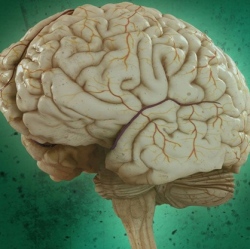
Microbes living in the human gut not only affect people’s physical health, they may also influence mental health, according to a growing body of research. Recent studies in animals show that changes in the gut bacteria community appear to make mice less anxious, and also affect levels of the stress hormone cortisol.
In humans, there is some very early evidence of a link between gut bacteria and mental health. A new study from England found that supplements that boost "good" bacteria in the gut (called "prebiotics") may alter the way people process emotional information, suggesting that changes in gut bacteria may have anti-anxiety effects.
Scientists are now interested in studying whether probiotics (strains of good bacteria) or prebiotics (carbohydrates that serve as food for those bacteria) could be used to treat anxiety or depression, or if the substances improve patients’ response to psychiatric drugs, said study author Philip Burnet, a researcher in the University of Oxford’s department of psychiatry.
But experts caution that the idea that taking a probiotic or a prebiotic could improve mental health in humans is still an unproven hypothesis that needs to be investigated with further research. "It’s becoming a very interesting question in the field," said Dr. Roger McIntyre, a professor of psychiatry and pharmacology at the University of Toronto. "The animal data looks really interesting, and looks very suggestive, [but] we’re still waiting for that convincing human study," McIntyre said.
